2015 News Archive

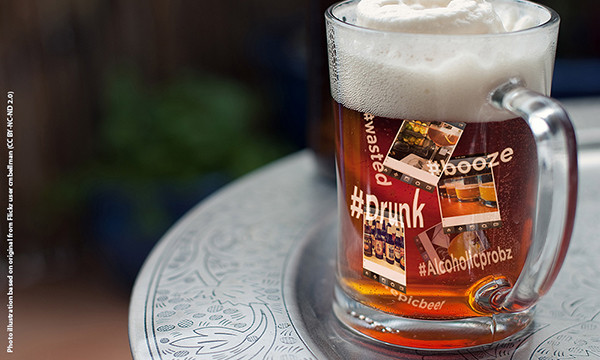
Data mining Instagram feeds can point to teenage drinking patterns
Using photos and text from Instagram, a team of researchers from the University of Rochester has shown that this data can not only expose patterns of underage drinking more cheaply and faster than conventional surveys, but also find new patterns, such as what alcohol brands or types are favored by different demographic groups.

Search for Faculty in Data Science
The University of Rochester is seeking applicants for tenure track or tenured positions in interdisciplinary research areas within data science. This search complements department-specific searches in data science currently underway.


November 14: Rochester Healthcare Deep Data Dive!
The Rochester Center for Health Informatics and the Goergen Institute for Data Science will host its inaugural Rochester Healthcare Deep Data Dive (ROCHD3) unconference in the Saunders Research Building from 8 a.m. to 5 p.m. on Nov. 14. The event is free to attend, though registration is required.

IA map shows human-intelligence tech is surging

For the real hits of fashion week, look to computer science
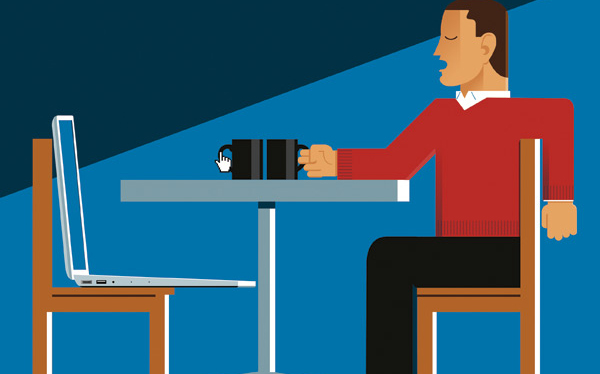
Dancing with Computers
Go into any public space and look at the people around you. Odds are, some if not most of them will have their neck craned downward, their eyes lowered, and one hand cradling their phone. You’re looking at one of the primary relationships in the lives of many people today.
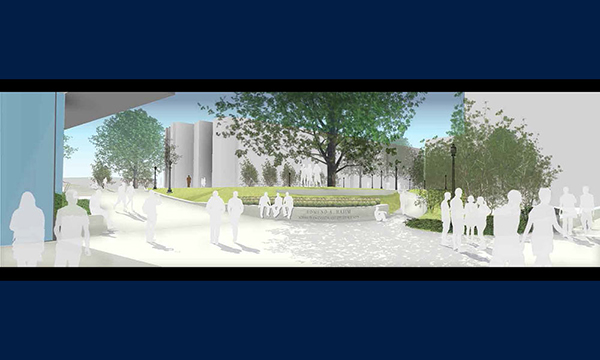
New Science & Engineering Quadrangle being designed to complement future Wegmans Hall
The quadrangle enclosed by Robert B. Goergen Hall, Hylan Hall, Hutchison Hall, the Computer Studies Building and the future Wegmans Hall will be transformed beginning next spring with new walkways, trees, seating, and a botanical rain garden.

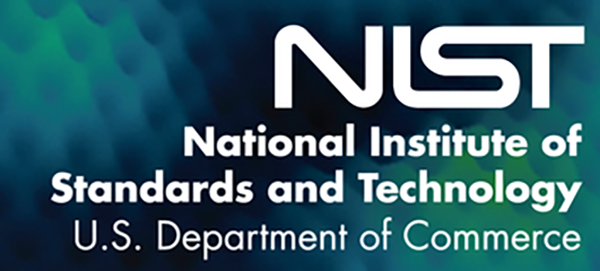
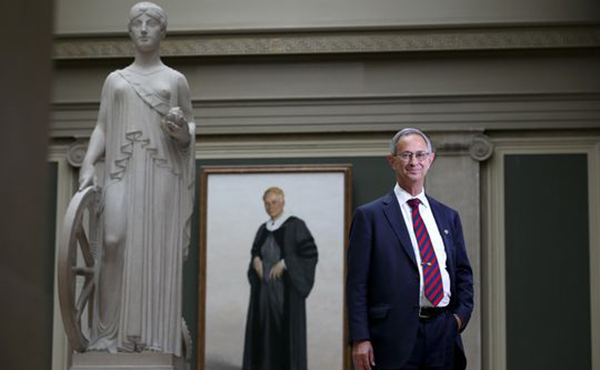
Seligman leading UR's evolution
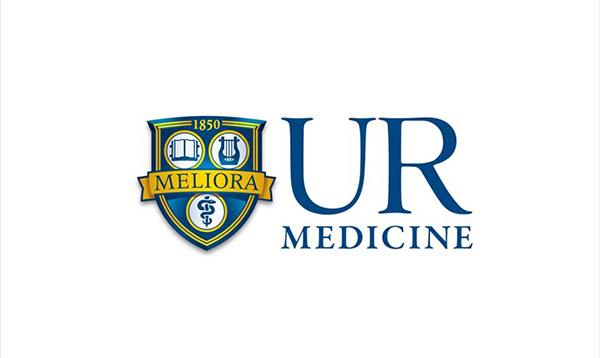
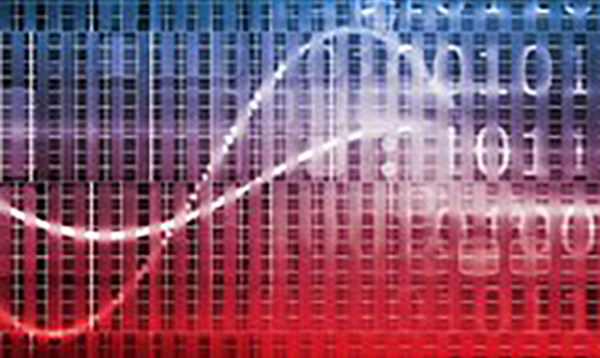
UR Now Offering Graduate Certificate of Advanced Study in Biomedical Data Science
The Graduate Certificate of Advanced Study in Biomedical Data Science (CAS-BDS) is a multidisciplinary, cross-departmental University-wide graduate credential administered jointly by the UR's CTSI and the Department of Public Health Sciences.
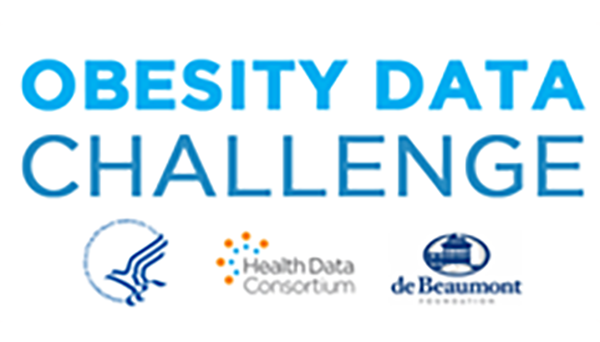
U.S. Obesity Data Challenge
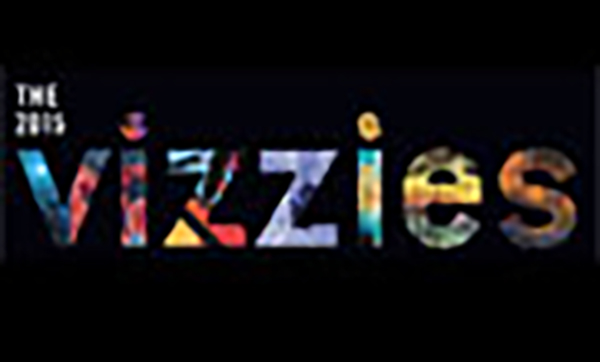
The 2015 Vizzies - Call for Submissions
The National Science Foundation and Popular Science have teamed up once again to issue a challenge: Can you visualize a scientific idea, concept, or story in an arresting way?

It’s a fantastic time to graduate in the US as an engineer or computer scientist
An in-depth survey (pdf) that the National Association of Colleges and Employers (NACE) just released offers an early glimpse of how most (65%) of the 266,119 people who graduated with a Bachelor’s degree in the US last year are making out on the job market.
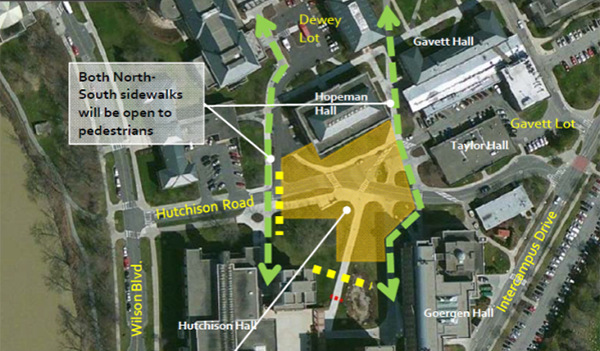
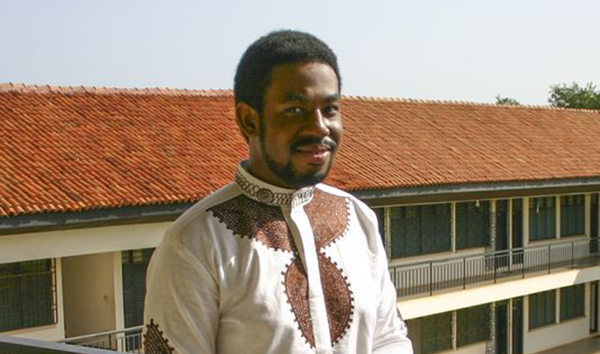
UR takes deep dive into big data
Rochester's Democrat and Chronicle featured a story on UR's big data initiatives highlighting research, the new building, and academic programs. Solomon Abiola, Henry Kautz, and Rob Clark were all featured and quoted.
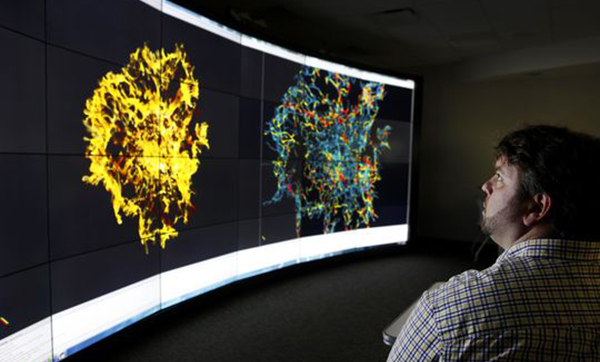
Q&A: UR dean says big data is a big deal
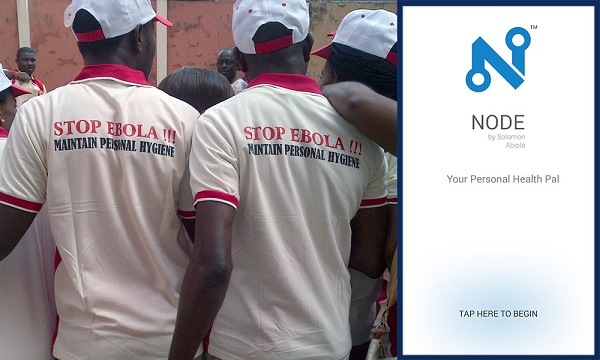
New smartphone app would track spread of Ebola
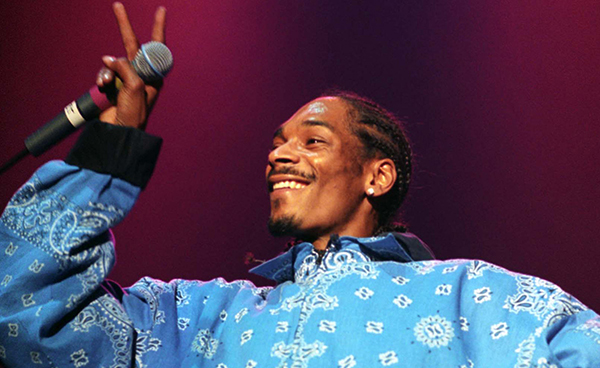
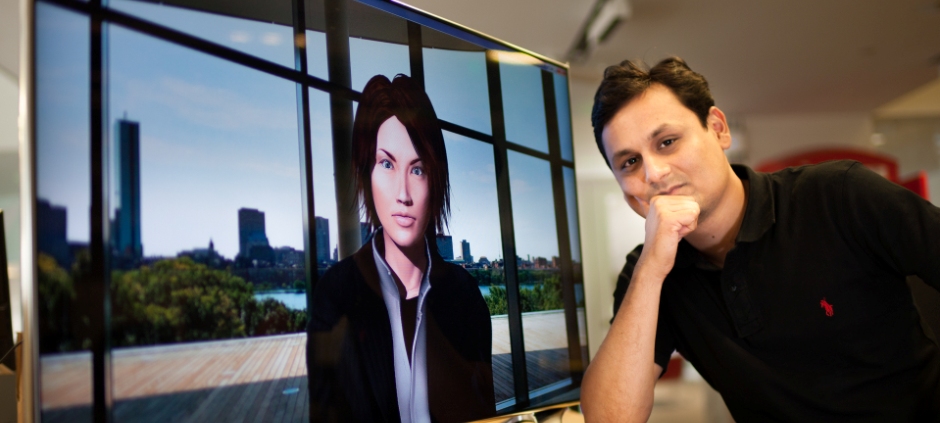
NSF announces first NSF Research Traineeship awards
IDS' Henry Kautz is among one of the principal investigators awarded with the NSF Research Traineeship awards. Each project addresses an interdisciplinary topic of national importance.
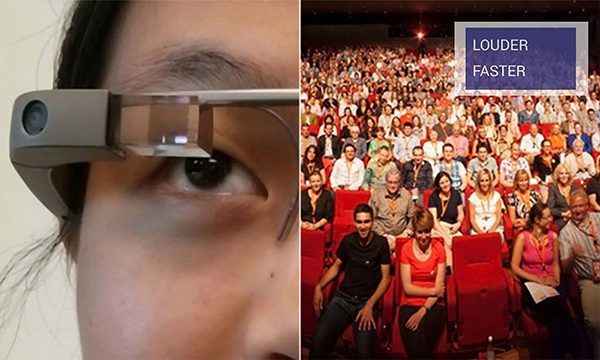
Wearable technology can help with public speaking
Speaking in public is the top fear for many people. Now, researchers from the Human-Computer Interaction Group at the University of Rochester have developed an intelligent user interface for “smart glasses” that gives real-time feedback to the speaker on volume modulation and speaking rate, while being minimally distracting.
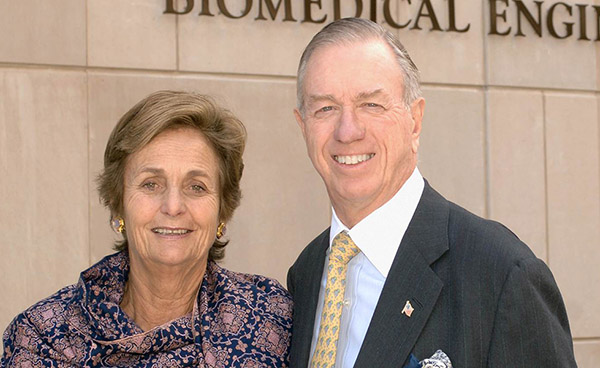
Robert and Pamela Goergen Commit $11 Million to Institute for Data Science
The Goergens’ support is the latest multimillion-dollar commitment to the University’s Data Science Initiative, the centerpiece of Rochester’s five-year strategic plan.
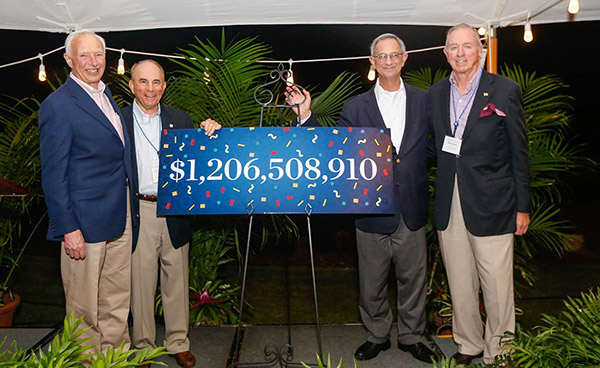
Meliora Challenge Surpasses $1.2 Billion Initial Goal
The University of Rochester’s comprehensive fundraising campaign, has surpassed its initial $1.2 billion goal. The campaign’s primary objective was achieved thanks in part to an $11 million commitment from Robert and Pamela Goergen to the University’s Institute for Data Science.

Dorsey Honored at White House for Parkinson's Work
URMC neurologist Ray Dorsey, M.D., M.P.H. was honored today at the White House as one of seven “Champions of Change” who are doing extraordinary work to advocate for better treatments and a cure for individuals with Parkinson’s disease.
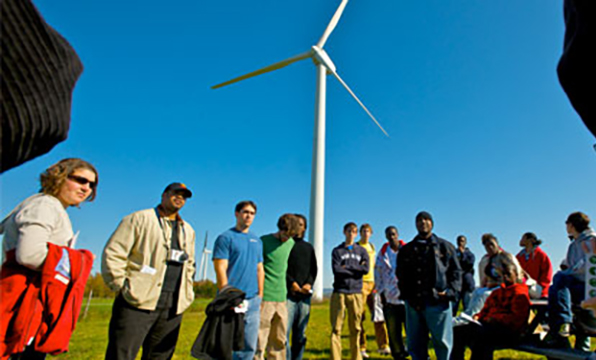
University launches center for renewable energy

Enterprise More: Amazon CTO Hiring SXSW Amazon is hiring so many people that interviews take up more than 30% of many engineers' time
Amazon is growing at such a rapid pace that many engineers spend a big chunk of their time on the hiring process, CTO Werner Vogels said at a panel held by ff Venture Capital at mega-conference SXSW last weekend.
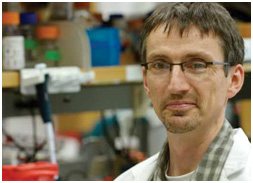
Giving Back: How Philanthropy Enables Innovation
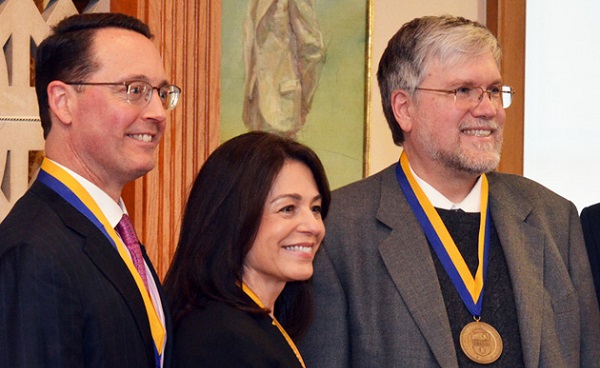
Henry Kautz installed as Wentworth Director of Institute for Data Science
Henry Kautz installed as the Robin and Tim Wentworth Director of the Institute for Data Science. The Wentworths, University of Rochester parents and supporters, have committed $3 million to endow the directorship.
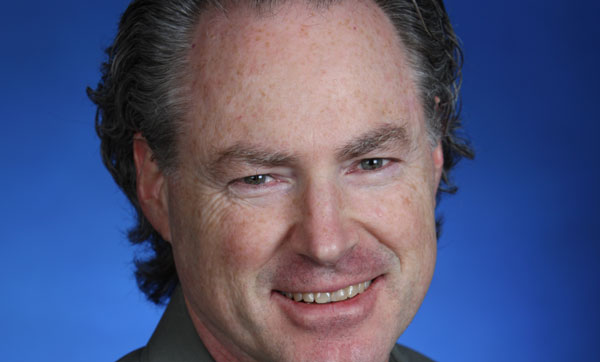
Renowned expert gave presentation on breakthroughs in data science
Eric Horvitz, director of Microsoft Research and member of the Institute for Data Science's external advisory committee, was on campus on March 3, 2015 to discuss how data science can help solve previously intractable problems in clinical medicine, public health, transportation, disaster recovery, and many other areas.

Apple Highlights Parkinson'sApp with URMC Ties
A new iPhone mobile app which allows patients with Parkinson’s disease to track their symptoms in real time and share this information with researchers was featured by Apple executives today during the company’s semi-annual product launch event.

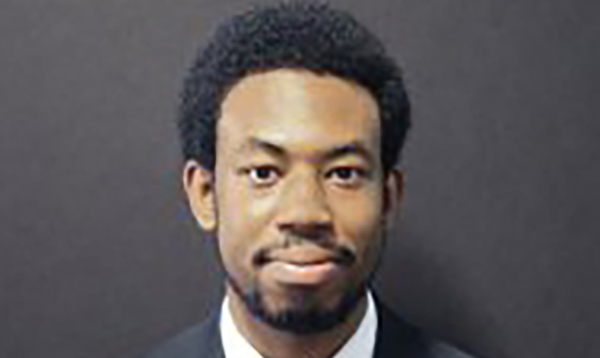
Med Center Research Associate receives NSF grant to help fight Ebola
A research associate in the Medical Center, Abiola recently received a $130,000 grant from the National Science Foundation to develop a smartphone app that can track the symptoms of a population in real time. He leaves for Nigeria to begin implementing his idea in the next month.

Social Media vs. Word-of-Mouth Impact on TV Viewing
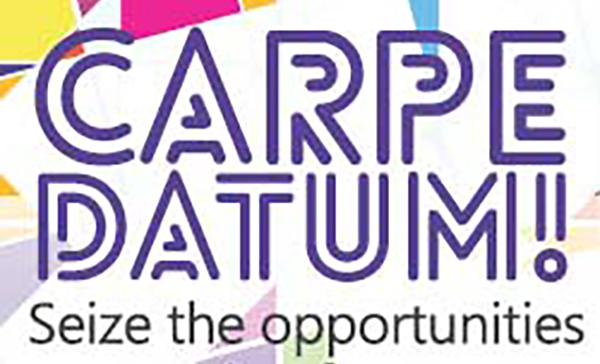
IDS Director, Henry Kautz, Speaking at Leveraging Technology's "Carpe Datum!" Event in March
IDS director and professor of Computer Science will be speaking at Leveraging Technology's "Carpe Datum!" event on March 10, 2015 from 9:00 a.m. - 10:00 a.m.
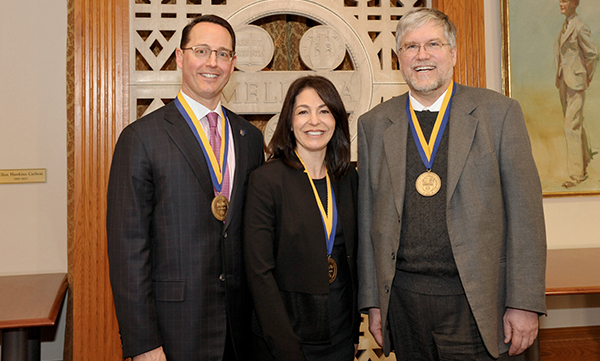
Robin and Tim Wentworth make $3 million commitment to endow directorship of Institute for Data Science
Robin and Tim Wentworth, University of Rochester parents and supporters, have committed $3 million to endow the directorship of the Institute for Data Science (IDS).

A picture is worth 1000 words, but how many emotions?
Jiebo Luo, professor of computer science at the University of Rochester, in collaboration with researchers at Adobe Research has come up with a more accurate way than currently possible to train computers to be able to digest data that comes in the form of images.
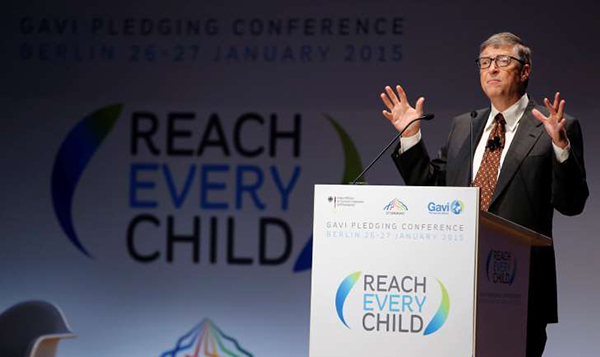
World must prepare for 'war' against future deadly pandemic: Bill Gates
From MSN: The world was caught completely unprepared for what’s become the largest Ebola outbreak since the virus was discovered in 1976. Hoping to circumvent any future outbreaks, Bill Gates said this week that we must begin using new technology to prepare for future outbreaks.
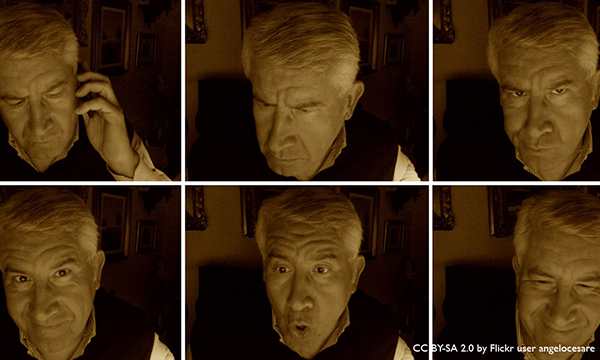
New app would monitor mental health through “selfie” videos, social media
Researchers at the University of Rochester have developed an innovative approach to turn any computer or smartphone with a camera into a personal mental health monitoring device.

IDS External Advisory Committee Member, Eric Horvitz, Receives AAAI Feigenbaum Prize
Eric Horvitz, member of IDS' External Advisory Committee, receives AAAI Feigenbaum Prize. The AAAI Feigenbaum Prize is awarded biennially to recognize and encourage outstanding Artificial Intelligence research advances that are made by using experimental methods of computer science.
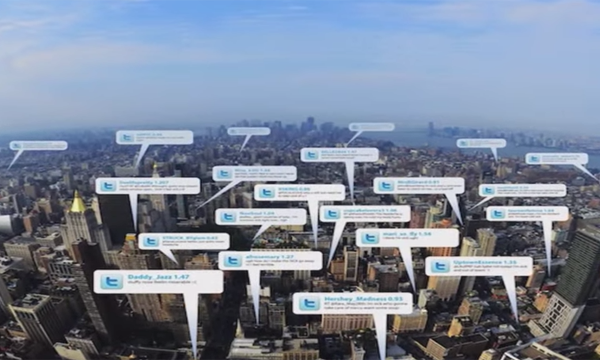
Video Spotlight: Tracking Flu Via Twitter
Researchers at the University of Rochester showed last year how Twitter can be used to predict how likely it is for a Twitter user to become sick. They have now used Twitter to model how other factors -- social status, exposure to pollution, interpersonal interaction and others -- influence health.
